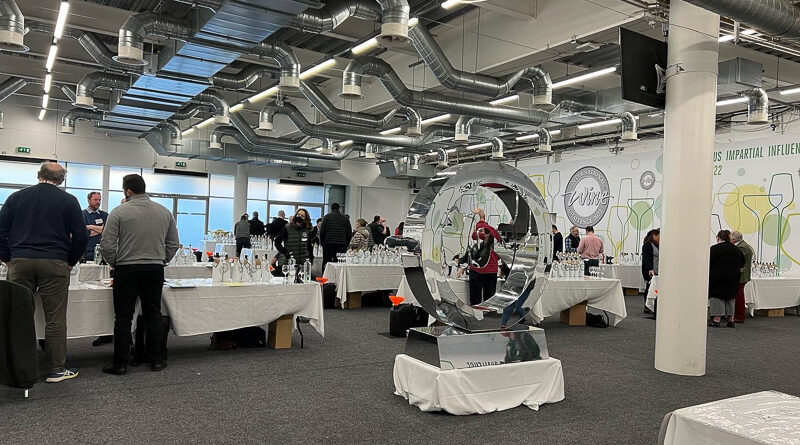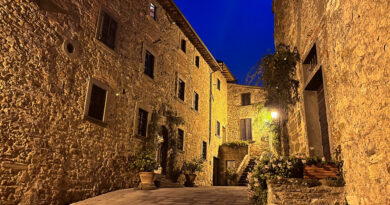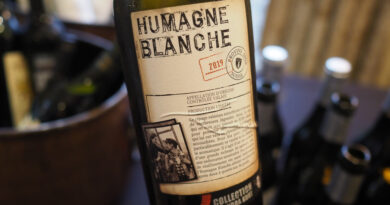Why do wines fail? Insights from a major competition
I’ve spent the last week judging wines at the International Wine Challenge as one of the co-chairs. The judging process is, I think, one of the most rigorous of all competitions. It involves two stages. In week one all the wines are tasted, and the panels decide whether a wine is medal worthy, commended or out. This triage system sets things up nicely for week two, when the medals are decided on (and a wine can still fail at this stage: the idea is that having triage means you can spend more time on the wines that are to be awarded medals). It needs to be emphasized that unlike some other major competitions we are not given any information on the price of the wine, so every wine stands the same chance, and every Gold medal is equal. You don’t get a charity gold because your wine is good value for money.
So last week, the six co-chairs had the rather unglamorous task of tasting through all the wines that were commended or out. Our job is to act as a safety net, rescuing the odd wine that has merit but somehow got missed by the panel. I also get to run the faults clinic, tasting through all the wines that the panels think have a fault.
Tasting through so many wines like this, all of which aren’t deemed medal worthy, or which have faults, has given me a good indication of why wines fail in a competition like this.
The first reason is oxygen management in winemaking. Far too many reds are tired and oxidative, and have lost their fruity characters. The tannins have dried out and the wines have become savoury. There are a lot of red wines like this, and they aren’t very nice. This could also be to do with grape quality: if rotten grapes or bunches end up in the fermenter, there may be some chemical oxidation occurring through polyphenol oxidase enzymes. Grapes are a fruit and wine usually has fruity flavours and aromas, and these need some protection.
I get the impression that too many winemakers are using a recipe, and that it might not suit their grapes. Using small oak barrels works brilliantly for some wines, but terribly for others. An oxidative winemaking regime with barrels can really kill the fruit in a wine, and dry it out.
I understand that not all wineries can have a sorting table to check all the grapes that go into the fermenter, but the easiest way to lose quality is to have rotten or raisined bunches or berries. If you aren’t starting with clean grapes, then it’s a big problem.
The second reason for wines failing is poor quality or inappropriate oak. There are lots of wines getting some sort of oak treatment that don’t need it. And lots of oak (and oak products) gives an unpleasant flavour to the wine.
For whites, oxygen management is also an issue, but cheap whites are less likely to be aged in oak, which saves them. And because whites aren’t fermented on skins (in most cases), a little bit of rot isn’t as much of a problem as it would be with reds. For many of the whites that fail in competitions, the problem is simply one of dilution or neutrality.
Another reason some wines fail is over-ripeness, leading to jammy, sweet, somewhat confected wines with high alcohol levels.
And then there’s unfamiliarity. Some judges seem to have a bias against anything they are unfamiliar with. This is clearly something we discourage. Just because a wine is from a region you don’t know, or made from grape varieties you don’t know, or is made in a particular style that is different, doesn’t mean it isn’t medal-worthy. Yet some of these wines get kicked out. That’s one reason that we co-chairs have a job to do. We will likely know the style, have travelled to the region, or at least be familiar with the variety. I wouldn’t expect all judges to know Muscat Bailey A, the popular hybrid from Japan. It has a distinctive flavour, and to judge these wines well requires some knowledge. I’ve explained to a panel that the Vinhão (red Vinho Verde) they just outed is actually a really good example of this distinctive style. There are many examples like this.
But the main culprit in terms of wines failing in competitions by some distance is oxygen management.




